Interactive Democracy: The Social Roots of Global Justice
Introduction Part I. A Theoretical Framework: 1. A human rights approach to global justice: elements of theory and practice 2. A social ontology of human rights 3. Interpreting freedom dynamically: beyond liberty and autonomy to positive freedom 4. Is there a human right to democracy? Part II. The Social Roots of Global Justice: 5. Transnational solidarities 6. Does global justice presuppose global solidarity? 7. Recognition and care in global justice 8. Gender equality, culture, and the interpretation of human rights 9. The sociality of free speech: the case of humor across cultures 10. Violence, power-with, and the human right to democracy Part III. Interactive Democracy - Transnational, Regional, Global: 11. Diversity, democracy, and dialogue in a human rights framework 12. What is emancipatory networking? 13. Structuring transnational democracy: participation, self-determination, and new forms of representation 14. Democratic management and international labor rights 15. Regional vs global democracy: possibilities and limitations Works cited Index.
{{comment.content}}
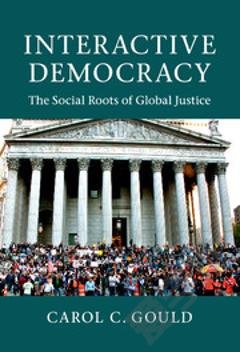
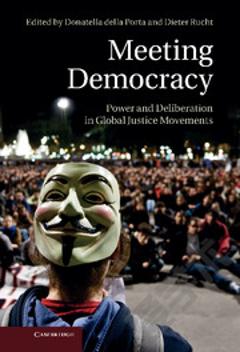
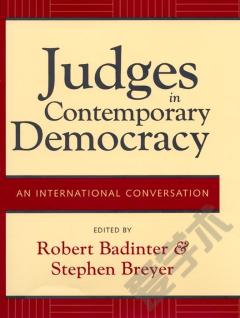
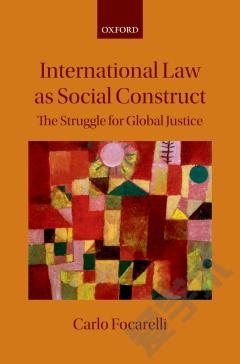
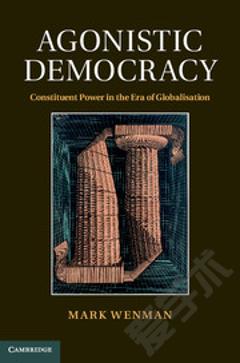
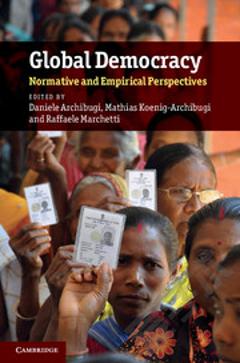


 京公网安备 11010802027623号
京公网安备 11010802027623号